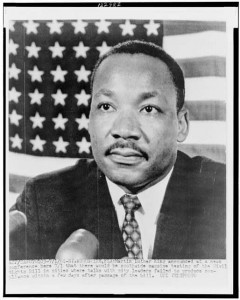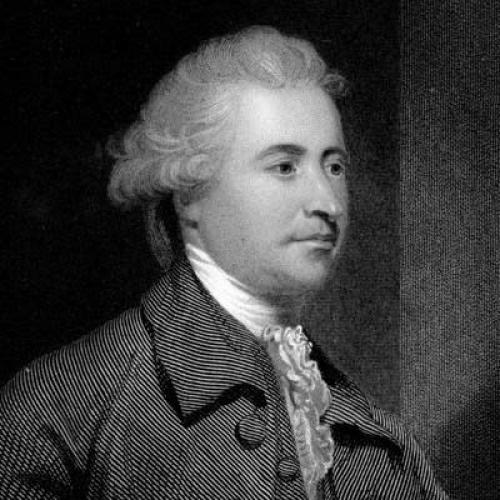The ancient debate between order and freedom seems to have been won by the proponents of personal freedom. But just as the old order of social conservatives and traditional religious believers was not order at all, so too personal freedom is not liberation at all.
 The idea of individual choice, masquerading as freedom, is nothing to base a life on, much less a society. It has become taboo in progressive circles to question whether such trends as gay marriage and ‘gender fluidity’ represent freedom, or the breakdown of the old order and the fragmentation of society into atomistic units of illusory choice and control.
The idea of individual choice, masquerading as freedom, is nothing to base a life on, much less a society. It has become taboo in progressive circles to question whether such trends as gay marriage and ‘gender fluidity’ represent freedom, or the breakdown of the old order and the fragmentation of society into atomistic units of illusory choice and control.
There is a vast difference between the enslavement and oppression of African-Americans, which gave rise to the tremendous moral voice of Martin Luther King, and the ending of discrimination against gay people, which has polarized society and given rise to a ridiculous wedding industry on both sides of the sexual aisle.
Discrimination against gays translated in many states into laws against sexual practices, and still translates into housing and hiring restrictions. That needed, and still needs to be ended. But there is no equivalency with slavery and Jim Crow. Slavery was a public institution in the United States, which only ended after one of the bloodiest civil wars in human history.
One’s sexuality is a private matter. The State should legislate against discrimination in all forms, but it should not be sanctioning marriage—whether for straights or gays. Gay marriage is about social approval, not about ending discrimination. The State should get out of the marriage business altogether.
How does this relate to the question of the end of the old order vs. rise of personal freedom?
The triumph of personal freedom has been a Pyrrhic victory for both the individual and society. North American culture has collapsed into a welter of institutional and personal fragmentation. The way ahead does not lie by reinstating the religious and social order that has eroded beyond repair and given rise to the present state of affairs.
Social renewal cannot be achieved by restoring the institutionalized verities of the past in a vain attempt to revive moribund traditions. Then what is the response of the religious mind (sans beliefs and organized religion) to the unprecedented challenges of the present?
That no doubt is a strange question to hard atheists, but it contains an underlying premise that seems irrefutable: The religious dimension, whether it takes the form of texts, traditions and organized religions, or is entirely an inward and private matter (not the same thing as individualism) cannot be denied and excised from the totality of what it means to be a human being.
Indeed, I submit that the religious mind is of the essence and wellspring of what it means to be a human being. With the erosion and end of tradition in all forms, a new definition of what is means to be religious is urgently required. Atheism is throwing the baby out with the bathwater.
Edmund Burke, the 18th century Irish philosopher and statesman, wrote in a manner in which it was difficult to discern whether he was supporting atheism or satirizing it.
Consider for example this statement, which I cannot tell is serious or satire: “To be attached to the subdivision, to love the little platoon we belong to in society, is the first principle of public affections. It is the first link in the series by which we proceed towards a love of our country and to mankind.”
As a philosopher, I cannot imagine another philosopher writing such poppycock with a straight face. The truth lies in exactly the opposite direction: To be unattached to the subdivision, to leave the little platoon in favor of a whole view of humanity, is the foundation by which we proceed towards love of neighbor and country. So-called ordered loves do not contribute to an ordered society, but have led to a disordered one.
Indeed, dividing love into various categories—love of God, country, family—denies love. Doing so is identification and attachment, not love. To think one can proceed from love of country to love of humanity is false and foolhardy. Love is not first for the particular but from and for wholeness—the whole of the earth, and the whole of humanity.
The Christian conception of God as an external entity, which is the essence of monotheism, is the single greatest source of the breakdown of society. To call for a reinstatement of religious belief, and the cultivation of faith as a projection of an omnipotent externality, feeds the very atheism and moral/character collapse it decries and purports to remedy.
Hard atheism and exclusive secularism are merely the flipside of traditional religious belief and the social order based on power.
Living order, God and love arise from within, and then manifest in the social order. Indeed, in the end, all is within.
Martin LeFevre

